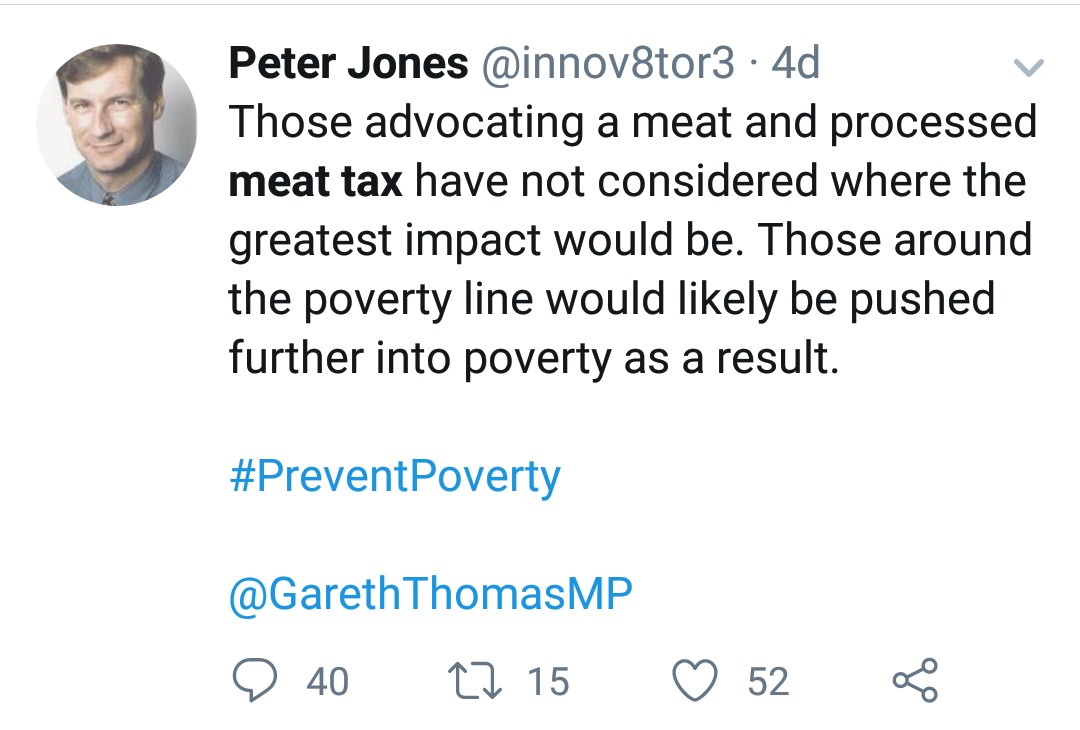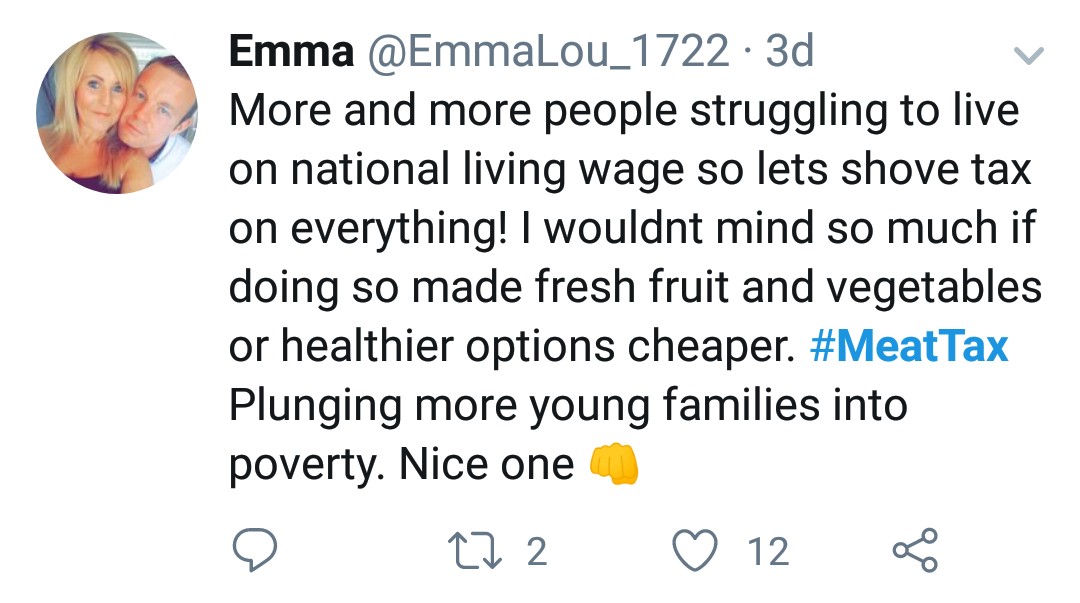by Tanya Mwamuka
Earlier this year the government introduced the highly controversial sugar tax and now, with this ongoing rhetoric of a “healthier Britain”, public health lobbies seek to extend this tax to red meat. The “meat tax” was suggested by the same pioneer of the controversial sugar levy – Oxford Professor Reverend Mike Rayner who is part of the Nuffield Department of Population Health.
What are the benefits of the meat tax?
Nutritional experts believe that this is the only way forward, if we are to reduce obesity in the United Kingdom, with researchers from the University of Oxford suggesting it could prevent more than 6,000 deaths and saving the NHS more than £700m in healthcare costs.
Why is red meat harmful?
The simple answer is – Coronary Heart Disease (CHD). CHD – sometimes known as ischemic heart disease, has until recently (falling slightly behind dementia) been the biggest killer in the UK. It is characterised by the build-up of fat (atheroma) in the arteries, causing them to narrow and restrict blood flow to the heart.

The disease it turns out can be completely avoided and one of the biggest risk factors for it is obesity. Weight gain can increase the risk of diabetes (another risk factor for CHD), cause deposition of fat in arteries and increase blood pressure which all add to the likelihood of developing the condition.
Red meat can also increase the risk of other diseases. In 2015 the World Health Organisation warned that processed meats such as ham and bacon and red meat could increase the risk of developing cancer; pair that with habits like smoking and the risk gets even larger.
Other than health, our demand for red meat is also damaging the environment. 15% of greenhouse gases are contributed by farming of animals. Outside of the fact we burn fossil fuels for the transport and processing of meat, the sheer number of cattle being farmed – already impacts global warming. Cows contribute hugely to the build-up of greenhouse gases – through their expulsion of methane daily, and the more meat we eat the more cattle we need to farm – ultimately the more damage we do to our planet.
How much is this going to cost us?
A tax of 14% on red meat and 79% on processed meat could reduce consumption by two portions per week. So, an 8 pack of sausages could rise from £1.50 to £2.69. Sirloin steak from Tesco’s would rise from £3.80 to £4.33 for just 277g and a tin of span would rise from £1.50 to £2.68 and the list goes on.
The opposition
Whilst I’m sure vegans and vegetarians are either celebrating or laughing in the face of meat addicts – there is off course huge opposition. Liz Truss, the Secretary to the Treasury being just one of them. After hearing the proposal, she took to twitter to furiously share her opinions on the matter, writing “what a claptrap” to the suggestion of how many lives this tax could save. Chris Snowdon of the Institute of Economic Affairs also showed his frustrations.
“They’re now teaming up with the vegetarians and eco-warriors to make a meat more expensive.”
One thing that concerns some people is the effect the meat tax will have on low income households.

While this meat tax will take several years to see effect, one thing that is certain, it most definitely is inevitable. A big question does come to mind, will it work? The price of a fry up may increase, but the appetite of meat lovers certainly won’t reduce. Unfortunately taxing of red meat doesn’t mean the price of fruit and veg will go down, showing that the meat tax is only solving half the problem.

As someone who wants to go to into public health – spending many lessons in anatomy and physiology, learning about the consequences of obesity; at first glance, the meat tax seems like the saviour that could remedy this country’s emerging health crisis. Despite this, I have full social awareness, that unhealthy food tends to be the cheapest, which ultimately leaves me wondering – is this tax making the nation healthier – or punishing those on the poverty line for being poor?
Tanya is currently studying Biomedical Sciences at the University of Manchester and hopes to pursue a career in public health and African development. She is a lover of fashion, travelling and has a keen interest in racial- social issues. She enjoys learning languages, being fluent in two and is currently adding Spanish to her resume.


